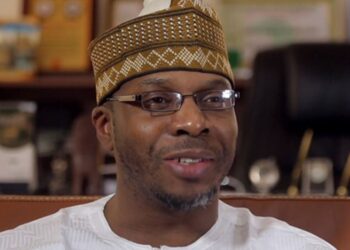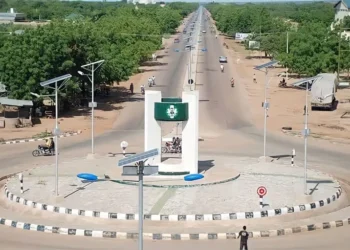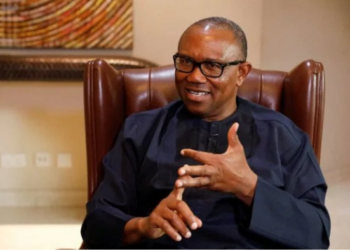Article Summary
- Fuel shortages contributed to slow economic growth in Q1/2023.
- Analysts place Nigeria’s GDP at 2.8% in 2023.
The fuel shortages that occurred in the first quarter of 2023 slowed the Nigerian economy. This is according to the May 2023 Consensus Forecast on sub-Saharan Africa by analysts at FocusEconomics.
According to the report, economic activities during the period highlighted were hampered by the fallout from fuel shortages as well as the Central Bank’s demonetisation plan.
For context, in January 2023, Nigerians across the capital city of Abuja, Lagos, Port Harcourt, Akure, and other cities were lamenting over the fuel scarcity situation that got worse barely one month before the country’s general elections in February.
Meanwhile, the government was still paying for fuel subsidies while the value chain was facing logistics and distribution challenges with Nigerians paying as high as N450 per litre at the time.
Q4/2022 to Q1/2023 outlook
As a result of slow economic activities in Q1/2023, business conditions in the country deteriorated at the sharpest paces, while price pressures climbed further in March 2023 and at the same time, borrowing costs were increased to a new record high.
Credit growth slowed slightly in January and February 2023, from the fourth quarter of 2022 and foreign direct investment plunged by around 33% in 2022, hampered by the US dollar shortage,
leading some companies to cancel their expansion plans.
However, the FocusEconomics report highlighted the $800 million loan secured from the World Bank by the Federal Government for post-subsidy palliatives as a positive factor for the country’s public finances. A part of the report stated:
“The government secured $800 million from the World Bank for cash handouts as the incoming administration prepares to scrap the costly fuel subsidy in June, boding well for public finances.”
2023 and 2024 projections
According to the FocusEconomics report, Nigeria’s economy is facing double-digit inflation, record-high borrowing costs and shaky public finances, all of which are dimming growth
prospects. FocusEconomics panellists see gross domestic product (GDP) growth coming in at 2.8% in 2023, which is up 0.1 percentage points from its April 2023 forecast, and 3.1% in 2024.
What you should know: Earlier this month, professional services firm, KPMG Nigeria, said that it sees a further rise in energy costs in Nigeria following the increased inflation rate of 22.04% for March 2023, as announced by the National Bureau of Statistics (NBS). In issue 5 of its KPMG in Nigeria Flash notes KPMG, rising energy, fuel, transport, and related costs were largely responsible for the surge in core inflation in March 2023.
























